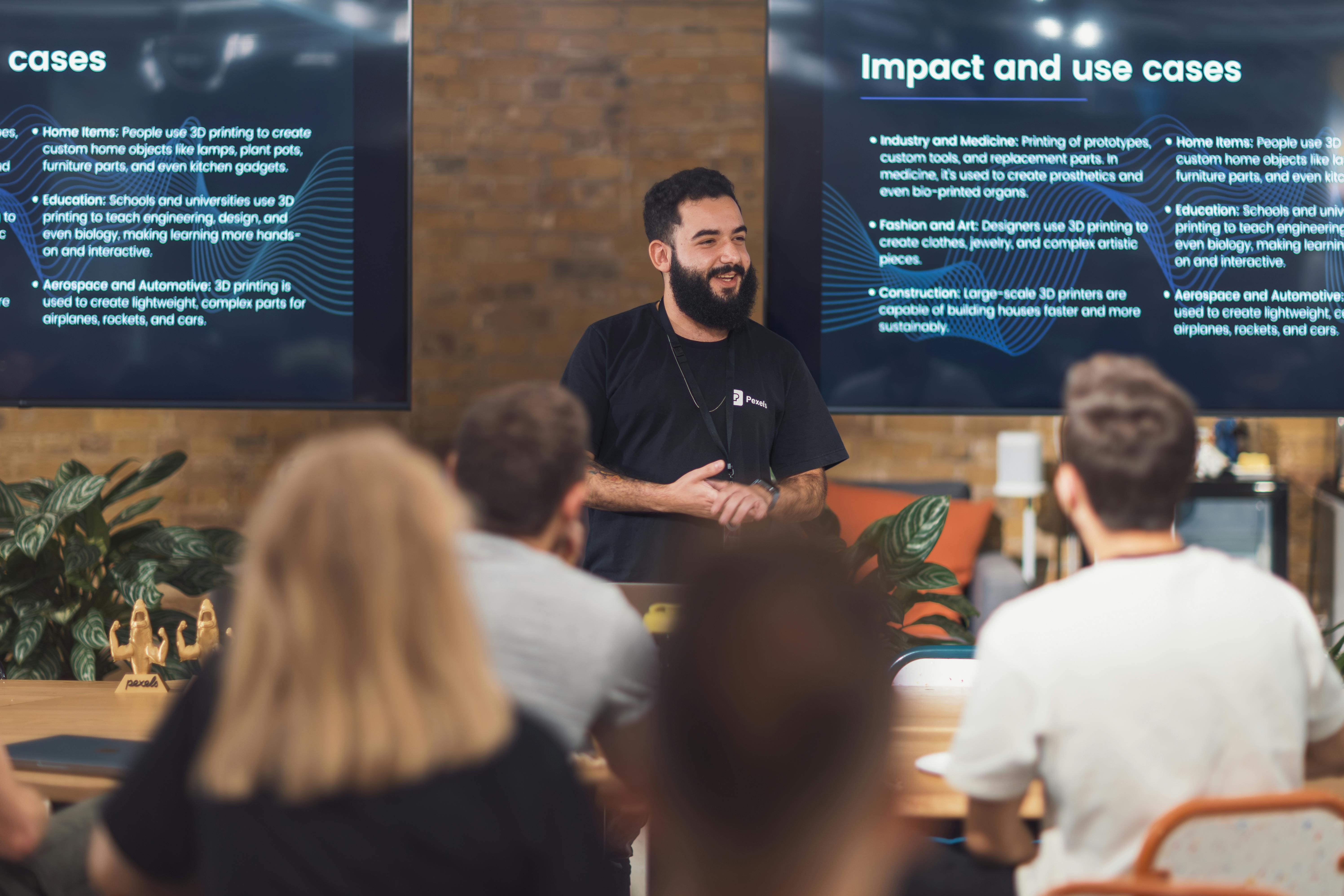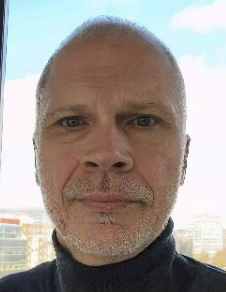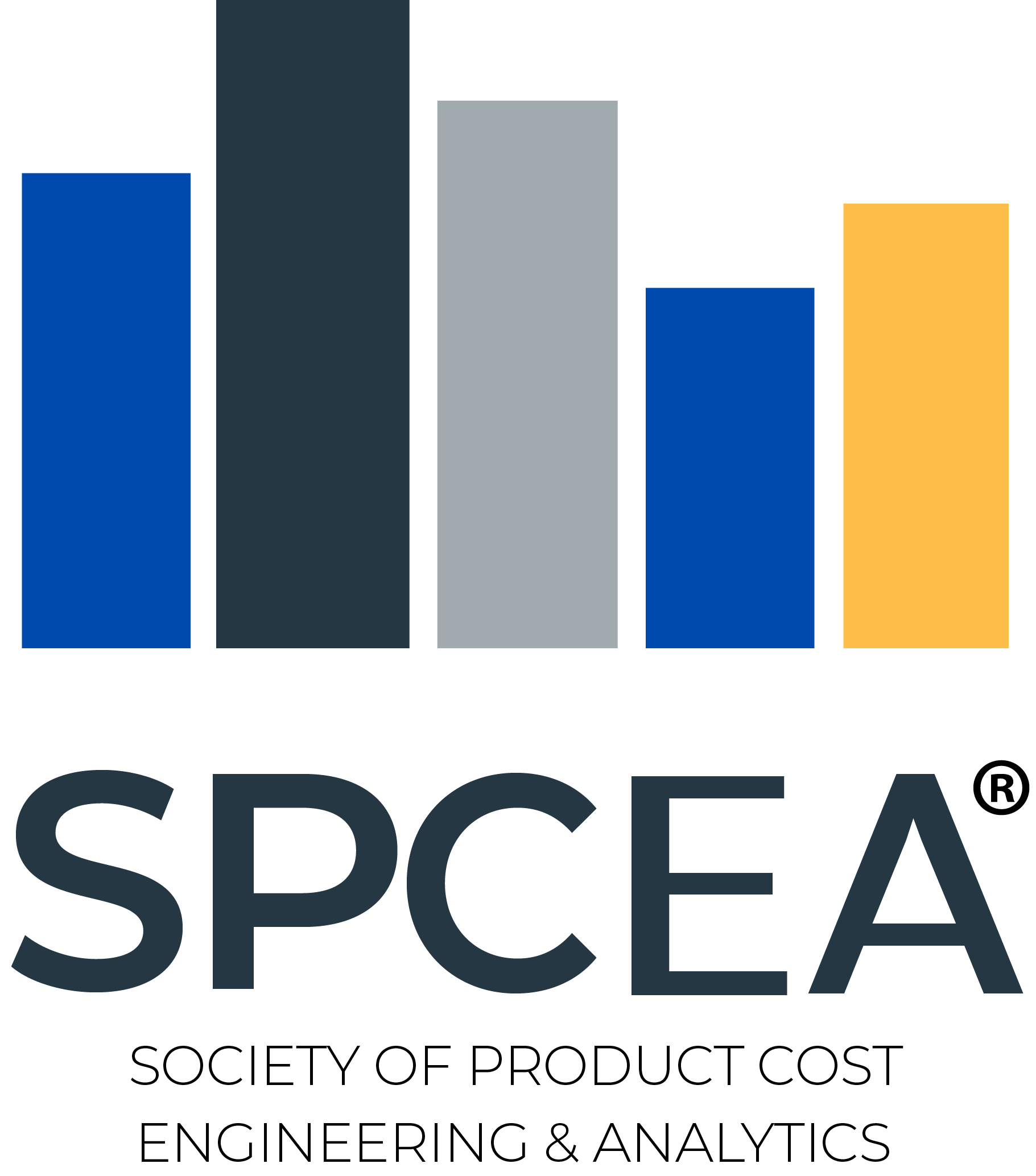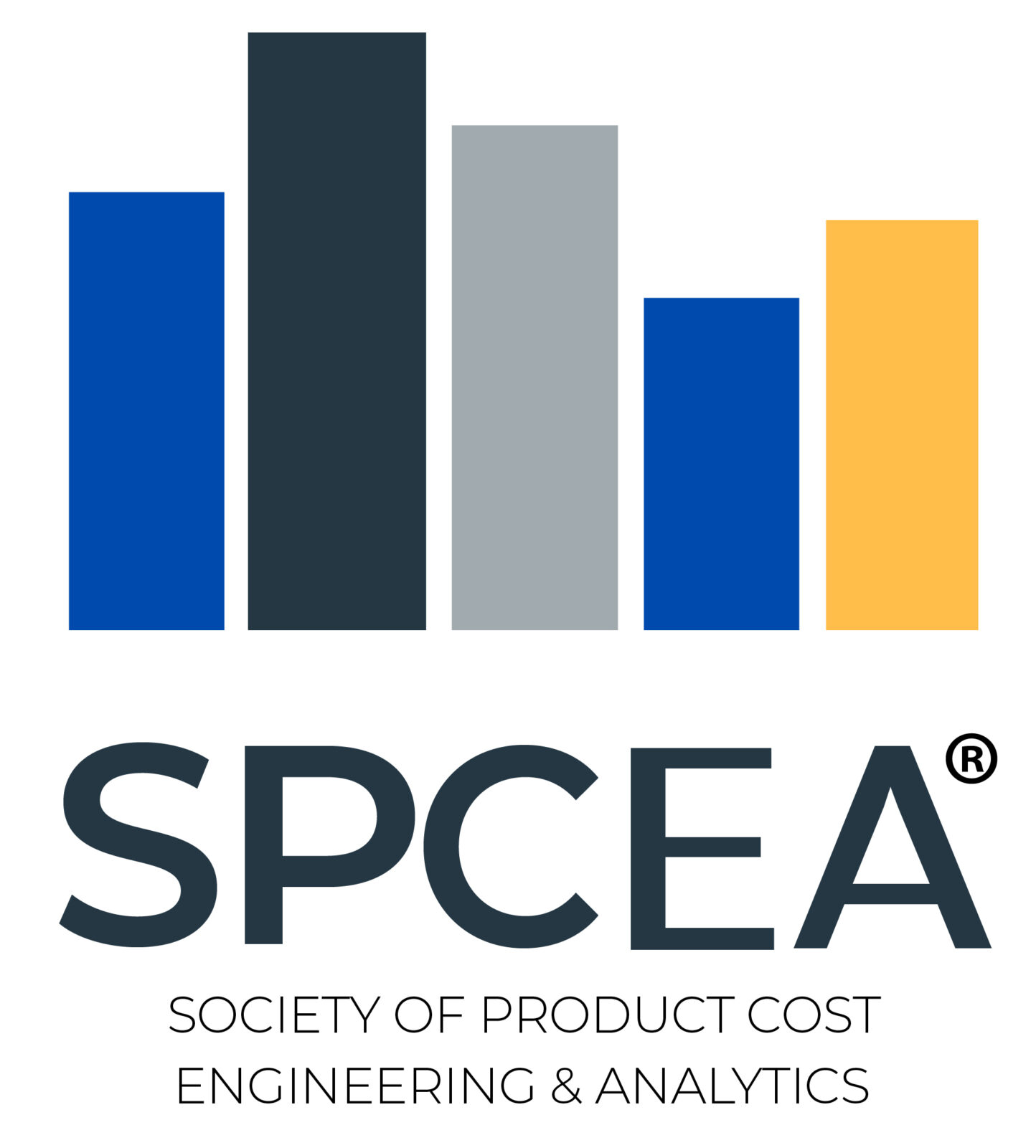
The Qualification Matrix: A Foundation for Personalized Development in CVSE
In Cost and Value Stream Engineering (CVSE), technical expertise forms the backbone of operations. However, the real key to success lies in the people behind the processes. Beyond technical knowledge, effective communication, collaboration, and leadership are essential.
The Qualification Matrix is a vital tool for identifying, understanding, and nurturing these skills. By
tailoring individual development paths to each engineer’s unique strengths, challenges, and aspirations, the matrix empowers both the individual and the organization to thrive.

The Four Questions: Unlocking Individual Potential
The Qualification Matrix centers around four essential questions. These are designed to provide insight into each engineer’s perspective, strengths, and areas for improvement. Here’s what each question reveals:
- “For me, the most important tool is…”
This question encourages the engineer to reflect on the tools or methods they consider most
valuable. It provides insight into their working style and priorities. If their perspective aligns with the company’s needs, this becomes a solid foundation for enhancing their contribution and expanding organizational expertise. - “I need help in…”
This reveals areas where the engineer feels less confident or where they seek guidance. While this may indicate a lack of intrinsic motivation in certain areas, it also highlights opportunities for teamwork. Pairing an engineer with a colleague who has complementary strengths can create a dynamic partnership that drives success for the team. - “I’m strong in…”
This highlights the engineer’s areas of confidence and expertise. When these strengths overlap with organizational priorities, they become a valuable pillar for knowledge growth and operational excellence. Recognizing and leveraging these areas builds both individual satisfaction and organizational capacity. - “I feel comfortable sharing my know-how in…”
This question reveals the engineer’s willingness to take a leadership or mentoring role. It
reflects their intrinsic motivation to lead, train, or champion specific topics. Encouraging these individuals to share their expertise fosters a collaborative culture and strengthens the collective skill set.
Four Essential Focus Areas in the Qualification Matrix
The Qualification Matrix leverages these questions to provide structure and insight into an engineer’s development. The following four areas are fundamental to its effectiveness:
- Current Focus – Ensuring immediate effectiveness in the current role.
This involves equipping engineers with the skills and tools they need for their existing
responsibilities, enabling them to contribute meaningfully from day one. - Future Requirements – Preparing for evolving demands and opportunities.
By anticipating future challenges and aligning individual growth paths with organizational
needs, the matrix ensures readiness for the changing landscape of CVSE. - Individual Strengths – Building on what engineers already excel at.
Strengths provide a foundation for growth. The matrix identifies these areas, ensuring that they align with company priorities to maximize impact and satisfaction. - Knowledge Sharing & Leadership – Encouraging engineers to take initiative in sharing expertise. Engineers who feel confident sharing their know-how become mentors and leaders, driving collaboration and reinforcing a knowledge-sharing culture.
Functional Training: Building the Complete CVSE Engineer
The development of a CVSE Engineer includes structured functional training to address the diverse skills needed for success. This training comprises:
- Fundamental Skills
Core competencies such as cost analysis, value stream mapping, and design-to-cost principles are the foundation of every CVSE Engineer’s training. - Material-Group Specific Calculation Skills
Specialized calculation techniques tailored to specific material groups (e.g., metals, polymers) enable engineers to provide accurate and targeted cost insights. - Technical and Process Knowledge
An in-depth understanding of manufacturing technologies and processes ensures engineers can evaluate and propose effective solutions across different production environments. - Process Improvement Skills
Expertise in Lean methodologies and continuous improvement equips engineers to identify inefficiencies and drive operational enhancements in both internal and supplier processes.
This comprehensive training plan ensures CVSE Engineers are well-prepared to address challenges, collaborate effectively, and contribute to the organization’s overall success.

Thomas Humbach is an accomplished executive based currently in Spain, specializing in Cost and Value Stream Engineering (CVSE). He has over 25 years of international leadership experience in cost engineering, supplier development, and purchasing across a variety of industries. Currently, he drives global cost-saving initiatives and strategic factory improvements for a multinational home appliance manufacturer based in Europe.
Copyright © 2025 – Society of Product Cost Engineering & Analytics. All rights reserved.

